Magnesium improves the work of grey matter in the brain and helps prevent heart disease. Magnesium deficiency gives symptoms that are not very specific and that’s why many of us are not aware of it. Everything upset you, you sleep badly and sometimes you get cramps? Or maybe you complain of twitching of the eyelids and constant fatigue? Before you start running around doctors, start by supplementing with magnesium. What are its best sources?
Magnesium in nutshell
Magnesium is necessary for the body to make life processes run properly. Meanwhile, many people suffer from magnesium deficiency (hypomagnesemia). Why? This is most often eating highly processed foods, living in a hurry and stress environment. Magnesium concentration in the body also decreases under the influence of certain diseases, drugs and extensive physical activity.
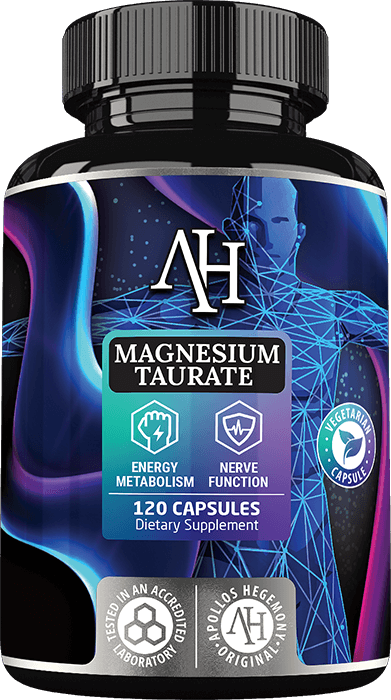
Magnesium - what is it needed for in the body?
Magnesium stabilizes the functions of the nervous system and facilitates the work of grey cells. By participating in the transformation of carbohydrates, proteins and fats, it determines the supply of energy to the tissues and cells of the body, especially to brain nerve cells sensitive to its deficiency. It also reduces their hyperactivity, calming the body. It improves memory and cognitive functions.
Magnesium is responsible for the smooth functioning of the cardiovascular system. It turns out that the inhabitants of the area where there is hard water (water containing a lot of magnesium substances) much less often die of a heart attack. Scientists speculate that if everyone drank such water, the number of deaths would decrease by as much as about 19 per cent. Magnesium not only prevents heart disease but supports the treatment of cardiovascular diseases. It is given intravenously to people after a heart attack (prevents blood clots and dangerous arrhythmias). If there is magnesium deficiency in the body, the walls of the blood vessels can contract and this leads to an increase in blood pressure. Therefore, people with hypertension are recommended to eat food rich in magnesium.
Magnesium in combination with calcium and vitamin D builds bones and teeth, preventing osteoporosis. Provided that it is delivered to the body twice less than calcium. So if you eat a lot of magnesium mine products or take supplements, you'll also need to increase your calcium intake. Imbalance weakens the effects of both elements.
Magnesium improves digestion, prevents the formation of stones in the kidneys and also regulates the thyroid functions. It also protects the body against toxic elements (e.g. lead, cadmium, mercury) found in vegetables and fruits from contaminated areas. It also regulates muscle tension, helps in the treatment of injury, chronic fatigue and fibromyalgia.
Magnesium relieves symptoms associated with premenstrual syndrome and menstrual pain. It can also potentially prevent (or even cure) the migraines.
Magnesium deficiency - symptoms
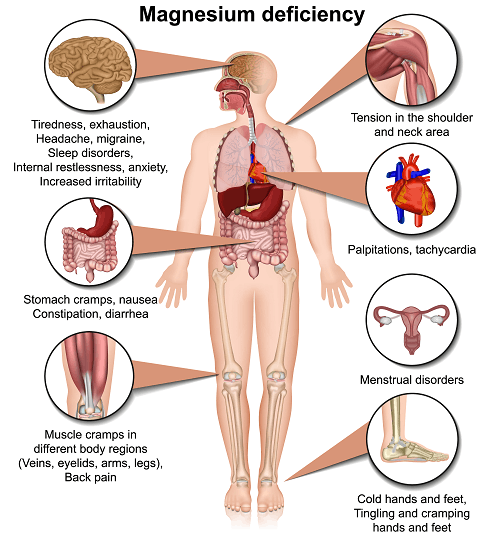
Irritability, nervousness, palpitations, insomnia, fatigue and repetitive muscle spasms or twitching of the eyelid - in this way the body can signal that it is lacking in magnesium. According to recent studies, long-term magnesium deficiency increases the risk of serious diseases like atherosclerosis and cancer.
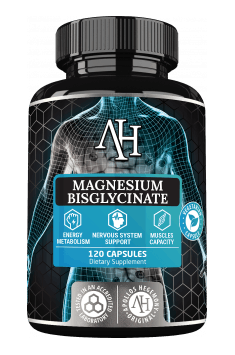
In healthy people who eat well, a large element deficiency is rare. However, certain factors may hinder its absorption, alcohol abuse, dehydration, and chronic diarrhoea. People with diabetes, malabsorption syndrome, intravenously fed, very dehydrated are at risk of a large deficit.
Magnesium - symptoms and effects of hypermagnesemia
An excess of magnesium can cause nausea and diarrhoea, and in large overdoses also breathing difficulties, dizziness or coma. This is rare because the more it is in the body, the less it is absorbed, and the excess mineral is removed by the kidneys. However, when taking supplements, you must follow the instructions provided by the producer, and if in doubt better consult your doctor.
Do you have kidney problems? Watch out for magnesium
Patients with kidney stones or other diseases related to kidneys should not take magnesium without consulting a urologist. It may also reduce the effectiveness of tetracycline treatment. That is why the doctor must know that we are taking supplements with magnesium.
Natural sources of magnesium
Cereal products, especially buckwheat, are the main source of magnesium. A lot of it is also in legumes, nuts, seafood, cocoa and chocolate. A lot of magnesium contains barley, dark bread, peas, spinach, fish, cheese and bananas.

A small amount can be found also in other vegetables and fruits, milk, eggs, rice, offal, white bread. There is more magnesium in products from organic farms. Mineral waters, especially highly mineralized, and hard water can also be a good source of magnesium.
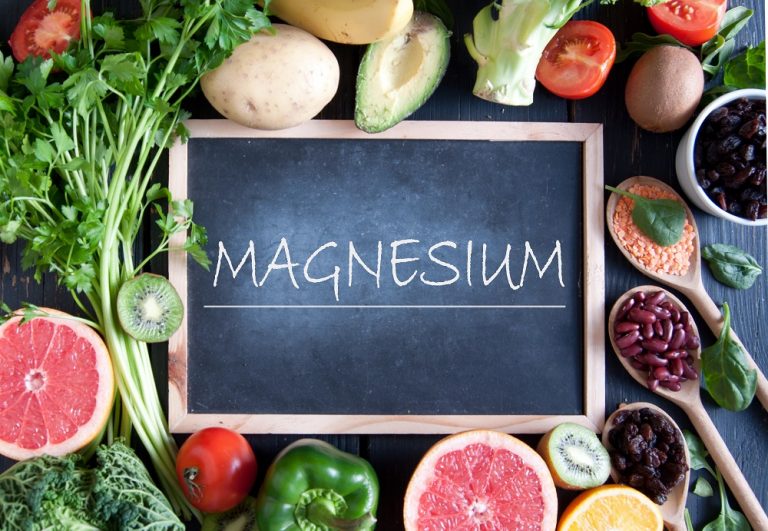
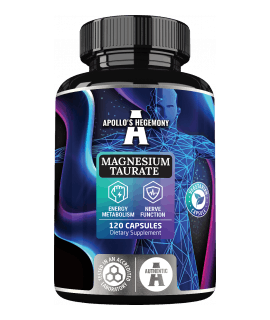
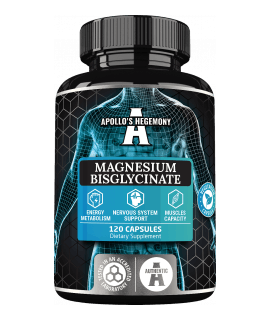



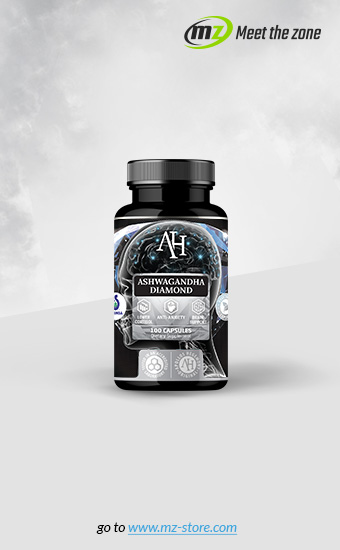



2 Comments